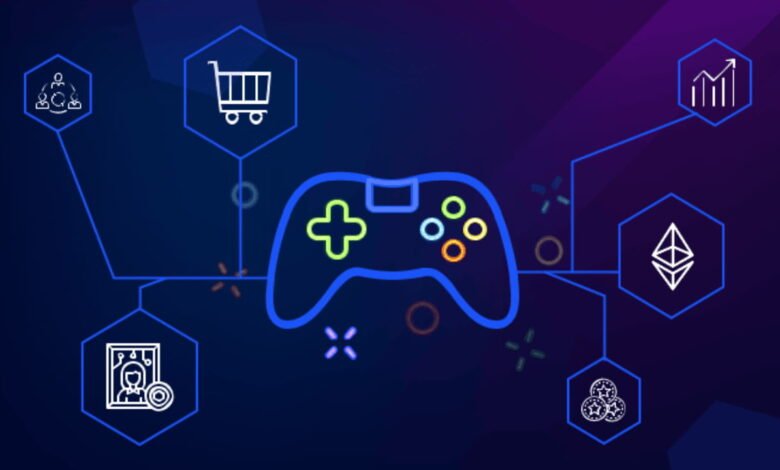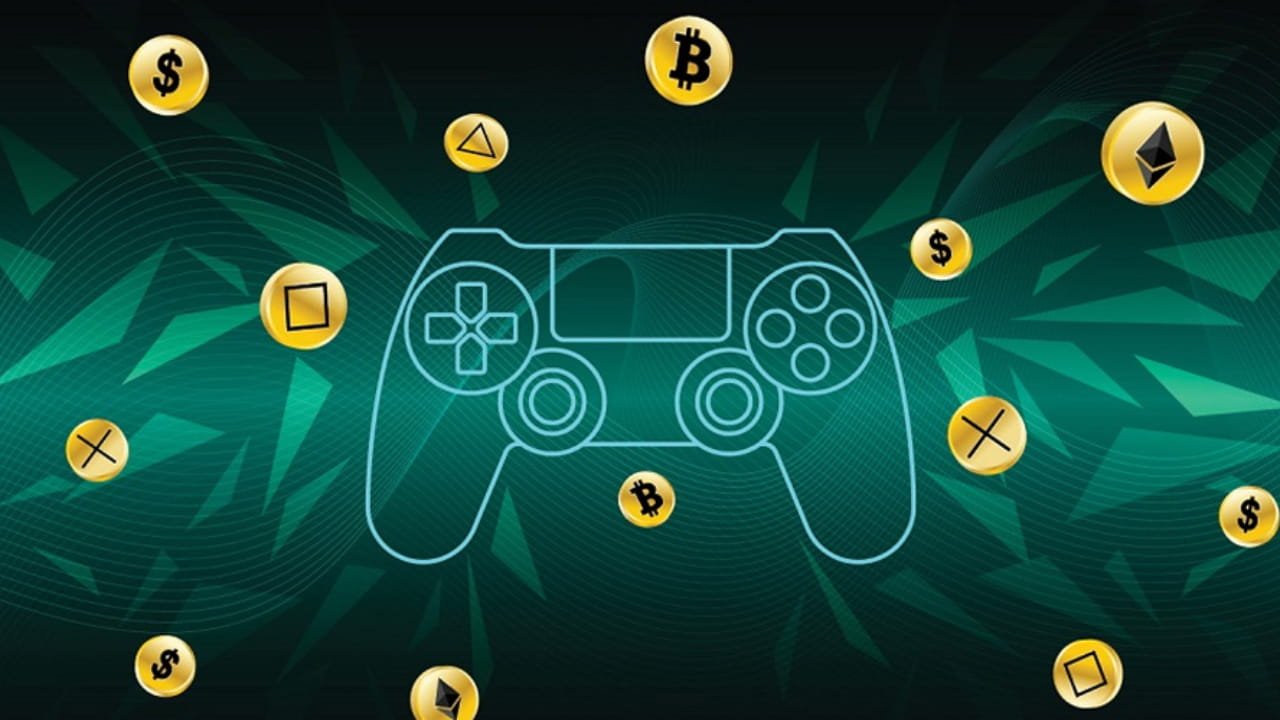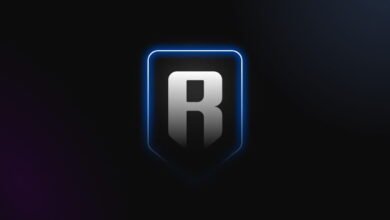Web3 Gaming Sees 386% Growth Redefining Player Experience

Blockchain technology is causing a transforming change in the gaming sector that results in Web3 Gaming Sees 386% Growth. Along with redefining player experiences, this new paradigm has brought creative economic ideas into virtual reality. Recent statistics highlight this notable change, showing that blockchain gaming has seen a remarkable 386% increase in unique active wallets over the previous year, therefore indicating strong expansion and a dynamic change toward distributed gaming environments.
Blockchain Gaming Surges in 2025
Over 7 million daily unique active wallets (UAW) registered by the blockchain gaming industry in January 2025 show a 386% increase from January 2024. Even with more general market swings, this significant increase points to great industry momentum and durability. Advances in layer-2 technology, changing token economics, and well-publicized partnerships between established gaming companies and blockchain platforms are among the several main causes analysts credit for this growth.
With blockchain technology to provide distributed, player-driven experiences, Web3 Gaming Sees 386% Growth change from conventional game methods. Through non-fungible tokens (NFTs) and smart contracts, this shift enables players with actual ownership of in-game assets. Web3 games allow players to trade, sell, or use their assets across many games and platforms, therefore creating a dynamic and linked gaming ecosystem, unlike traditional games where assets are limited within owned platforms.
Web3 Gaming Redefines Ownership

Blockchain technology lets gamers prove they own their in-game assets veribly. Represented as NFTs, these assets allow players unheard-of control and freedom by being moved, sold, or used across many games and platforms. This interoperability lets assets remain valuable and useful outside of one game, therefore improving the gaming experience.
Play-and-earn models introduced by Web3 gaming pay players cryptocurrencies or NFTs for their in-game successes and involvement. This strategy attracts a wide spectrum of gamers looking for both enjoyment and money benefits, therefore changing the gaming paradigm from simple leisure to a possible income source. By incorporating components of distributed finance (DeFi) into games, players can stake assets or engage in in-game economies, hence increasing earning possibilities.
Decentralization Transforms Gaming
Decentralization encourages community involvement in game creation and administration. Players can vote on important facets of game development, suggest modifications, and participate in decision-making procedures. This cooperative method not only helps to match the development of the game with the interests of the players but also fosters a devoted community. Often set up to monitor these operations, decentralized autonomous organizations (DAOs) guarantee that the future of the game is vested in the community.
Blockchain’s combination with other innovative technologies, including virtual reality (VR) and artificial intelligence (AI), is deepening and immersion in Web3 games. While VR integration presents immersive worlds for players to explore, AI-driven characters and randomly generated locations produce dynamic and customized game experiences. Developers and players ready to explore the next horizon of gaming are drawn to these technical innovations.
Big Studios Eye Blockchain Gaming

Big gaming businesses are starting to investigate blockchain integration as they see the promise of Web3 gaming. Ubisoft, for example, has quietly published games with NFTs and blockchain components, signifying a cautious but noteworthy Web3 debut. These projects, which are still in their early years, show an increasing enthusiasm among conventional developers to try distributed game ideas.
Combining NFTs with cryptocurrency in gaming begs legal issues in many different countries. Unclear or changing rules might affect game creation and the application of blockchain technology. Hence, developers must remain educated and flexible to fit legal developments.
Simplifying Blockchain for Gamers
One obstacle to the general acceptance of blockchain technology is its intricacy. Attracting non-crypto-savvy gamers depends on guaranteeing flawless user experiences with simple interfaces and streamlined onboarding procedures. Abstracting technical complexity allows players to enjoy Web3 gaming’s benefits without having in-depth blockchain knowledge.
Some blockchain systems’ energy use begs environmental questions. However, the acceptance of more sustainable consensus processes, including proof-of-stake, and the development of energy-efficient layer-2 solutions are minimizing these concerns, so matching the expansion of Web3 gaming with environmental sustainability.
Conclusion
The Web3 Gaming Sees 386% Growth in blockchain gaming over the past year highlights a notable change in Web3 gaming models. Web3 gaming is changing the interactive entertainment scene by providing real ownership, play-and-earning chances, and community-driven development. Web3 gaming is likely to take the front stage in the gaming sector as more players and developers adopt this paradigm and technology develops since it combines innovation with deep and satisfying player experiences.
[sp_easyaccordion id=”4107″]




